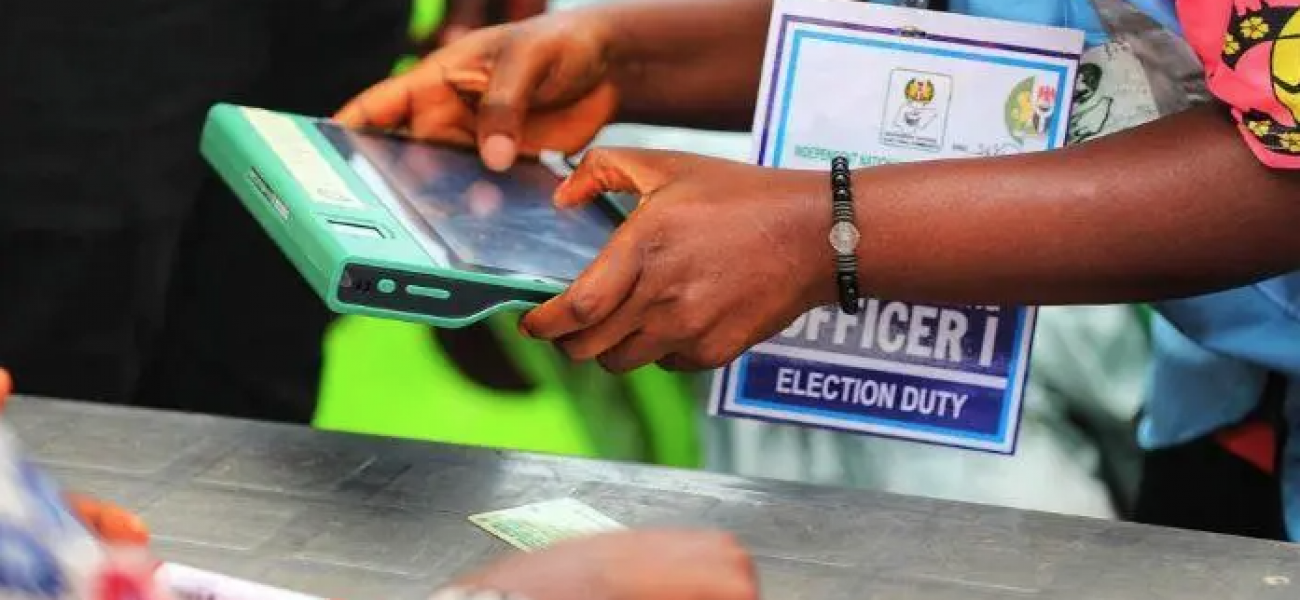On Saturday, November 11, the Independent National Electoral Commission (INEC) conducted Governorship elections in Bayelsa, Imo and Kogi States. These were the first major elections conducted following the controversial 2023 general elections. The election in Imo State was the first to be concluded with the incumbent Governor and candidate of the All Progressives Congress (APC), Hope Uzodinma declared winner with 540,308 votes, to beat his closest rivals, Samuel Anyanwu of the People’s Democratic Party (PDP) who garnered 71,503 votes and Athan Achonu of the Labour Party who scored 64,081 votes. In Kogi State, INEC declared the APC candidate, Usman Ododo as winner of the election with 446,237 votes. The candidate of the Social Democratic Party (SDP), Murtala Ajaka was in second place with 259,052 votes and the PDP candidate, Dino Melaye came a distant third with 46,362 votes. In Bayelsa State, the incumbent Governor, Duoye Diri of the PDP was declared winner of the election having scored 175,196 votes, with Timipre Sylva of the APC in second place with 110,108 votes.
As feared, the conduct of these three State Governorship off-cycle elections turned out to be disappointing.
The Nigeria Civil Society Situation Room in its statements on elections, noted that while polls opened at the official time (8:30 am) in a good percentage of polling units observed in Kogi and Bayelsa States, in Imo State, there was delayed commencement of polls in many polling units visited in Imo State. The Bi-modal Voter Accreditation System (BVAS) functioned optimally in most polling units visited by Situation Room observers across the three States. It is notable that while security personnel were sighted in most polling units observed in Kogi (92 %) and Bayelsa (86%) States, in Imo State, security personnel were seen in 47% of polling units visited. Imo State has been faced with severe security challenges for the past few years and even in the lead up to the election.
The level of election violence was relatively less compared to previous elections in these States, particularly Kogi. However, there were still reports of voter intimidation and inter-party clashes resulting in injury and even death.
Reports of result falsification and pre-filled election results emerged from across the three States. In Bayelsa State, political actors attempted to tamper with results in Brass, Sagbama, Southern Ijaw and Nembe Local Government Areas.
In some locations in Imo State, such as Ndioha hall PU 011 in Ogbe Ward, the election result was cancelled for non-use of BVAS for accreditation and in Community School Umuawada PU 004 in Onicha I Ward, the election result was cancelled due to over voting.
Unlike the 2023 general elections, election officials did not seem to upload polling unit results immediately to INEC’s Results Viewing (IReV) portal at the end of voting and counting of votes. However, the results were eventually uploaded to the portal. The portal now has a new feature that did not exist at the time of the 2023 general elections. While the uploaded image of the polling unit result sheet (Form EC 8A) contains the number of accredited voters in a polling unit, among other data as recorded by the ad-hoc staff, this feature also shows the number of accredited voters for each polling unit with a time stamp. It displays a disclaimer which states that the accreditation figures may not be final until synchronisation is completed from the devices (BVAS) used at the various polling unit locations. However, it is curious that not all uploaded polling unit results have this feature displayed.
It is assumed that the number of accredited voters recorded by ad-hoc staff on the polling unit result sheet was derived from the accreditation record on the BVAS. In the absence of an explanation of this new feature by INEC, it is unclear if it serves as a means to verify the actual number of voters accredited using the records synchronised directly from the BVAS to the IReV portal, to compare with the accreditation figures recorded on the result sheets by ad-hoc election staff. However, with election results announced and five days after the elections, copies of polling unit results are still being uploaded on the portal and the said synchronisation is yet to conclude.
It was also observed that some of the result sheets uploaded on the IReV portal are the same for several polling units. For example, in Imo State, the result sheet for Umuobiala Village Square PU 009 was also uploaded for Isokwe Central School PU 005, both in Umualumuoke Ward of Okigwe Local Government Area.
Discrepancies in election results and other infractions within the electoral process are still rife. According to election analysts, these three governorship elections presented an opportunity for INEC to apply the lessons learnt from the 2023 general elections and restore citizens’ trust in the electoral process. However, these off-cycle governorship elections were not an improvement on the 2023 general elections. The conduct of these elections dashed hopes of an immediate improvement in the electoral process and further entrenched the need for an immediate overhaul of Nigeria’s electoral system.

